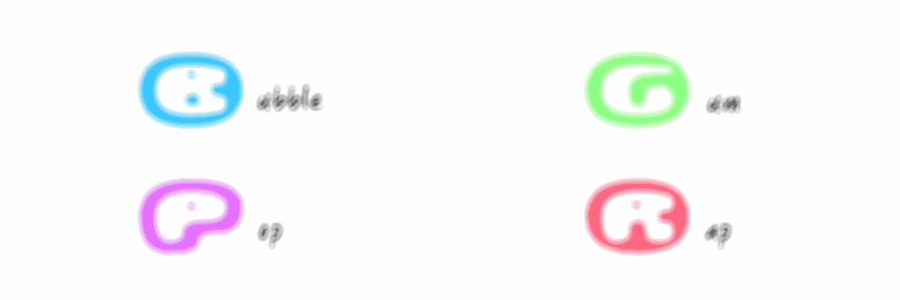You get more than just a bland VH1's Behind The Music, Google-able content-having look at the hiphop group A Tribe Called Quest. This wasn't a "Where Are They Now?!" flick either. Nor is it a fluffy "I love this group, please, please come back" news-lacking joint either. The documentary is for everyone - from ATCQ lovers to those who are looking at the aforementioned acronym confused - that tells the tragic tale of what the hell happened to the legendary Low End Theory
Finally, a music doc with complementary visuals! Normally, most music documentary makers will give you an interview, old photo montages and concert scenes and a scene from what the artist is doing now with no additional visuals and an aspiration that the audience will be glad to see their artist is relevant again. Beats Rhymes & Life adds so many other visuals that seamlessly travel us through each scene. The way they breathe life into the already animated album covers makes each point visual, and it gives the albums more than just an aural-pleasing factor.
Along with the visuals of the album covers and the seamless transition from interviews to concerts to in-studio action, the score was equally expressive. It didn't just come with the hits from Tribe, and then other traditional hiphop music, but an atypical bebop-sounding score. It was very Ovation Network-like, innovative music that guides the scenes along the rollercoaster of the group's life.
You don't only get to see small peeps of Phife Dawg
When speaking on the part of the breakup, the most eye-opening part of the film was Phife's reference to The Supremes
Inadvertently, this documentary shows a high and painful price to make as perfect music as A Tribe Called Quest
I hope this provides a charge to the currently stagnant hiphop culture and capital-controlled rap industry. Yes, the documentary shows there was trouble within the group, but it also showed just how much love, peace and unity there was among everyone who loved ATCQ. Seeing the whole Native Tongues collective form and their journey throughout hiphop's golden era in this documentary brought me to near-tears. You know how when you go to the best restaurant and eat the best dish in the world, just to go back home to your freezer full of Stoffer's? That's how I felt after the movie. Had a great fine-dining experience for brunch with Beats Rhymes & Life, then headed home to my Stouffer's frozen dinner.
Star's Grade: A+



